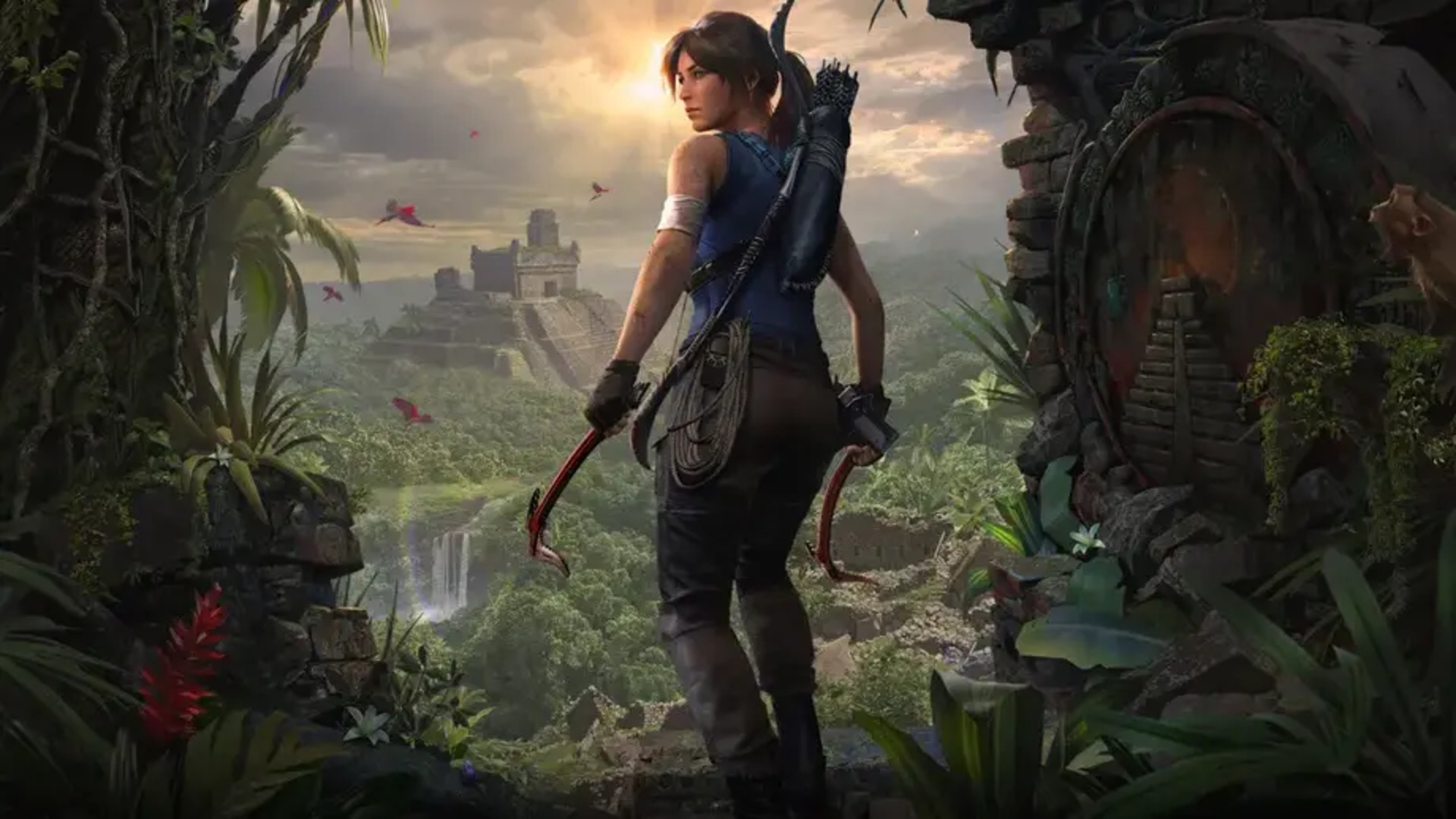
As SAG-AFTRA members strike against some of the biggest video game makers in the world in an effort to secure better protections against AI, the head of Amazon Games is still pretty sure bringing artificial intelligence into game development is still a good idea – in part because “for games, we don’t really have acting.”
Amazon Games CEO Christoph Hartmann told IGN that he hoped AI can speed up the development process, which can take “like five years per game” among AAA studios – leaving those developers constantly trailing behind the current zeitgeist. Hartmann posited that “hopefully AI will help us to streamline processes so hand-done work will go fast. Ideally we can get it down to three years so we can iterate more, which then will bring the budgets down a little bit.”
Hartmann was then asked about his thoughts on the current, AI-focused SAG-AFTRA strike in the game industry. “I mean, I got to be careful what is here because we are a big company and have to deal with all those organizations, so I don’t really want to get in the middle of it,” Hartmann said. “But when we talk about AI, first of all, hopefully it will help us to have new gameplay ideas, which has nothing to do with taking work away from anyone. And especially for games, we don’t really have acting… The majority of the team sits in programming and that’s not going to go away because that’s all about innovation. If it takes something, it will be really the boring parts.”
I probably don’t need to tell you that video games – especially AAA games – do indeed have acting, including full-on performance capture that brings life to the beloved characters of everything from The Last of Us to Baldur’s Gate 3. The latter game in particular has offered a stunning example of a cast embraced by the community and is now inseparable from the RPG itself. Heck, add Tomb Raider to the mix, which is a series Hartmann also gave an update on as part of this interview.
Even New World, Amazon’s biggest internally developed game to date, has quite a cast. Take a look at the credits list for the MMO, which features around 200 distinct voice roles, each of which is performed by up to eight different actors accounting for the game’s various localizations. Some actors perform multiple roles, but a bit of very rough math would suggest that, across all its various localizations, New World employed hundreds upon hundreds of actors.
Hartmann hopes AI will help make localization go faster, too. “I think what could be super helpful is localization,” he explained. “Right now, we’re localizing our game into a certain set of languages. Basically, does it commercially make sense to have it in a language, yes or no? Having AI actually will help us. That’s why I’m thinking it’s not going to make it cheap, it’s just going to make us translate our games into more languages. Which is great for gamers, because there’s countries which maybe not everyone speaks perfect English and they would love to have in a local language, but they’re half the size.”
The creative spark, Hartmann added, is one thing that can’t be replaced by AI. “Humans will be always, when it comes to that, they will be always one step ahead. The machine might get very close. I don’t know what you think, but I don’t think it will be able to translate those unique things into fresh ideas. If you find AI designing games, the game’s going to be all the same.” I guess, then, it’s just up to AI to replace the dull, artless tasks, like acting and ensuring words carry the correct meaning when translated from one language and culture to another.





